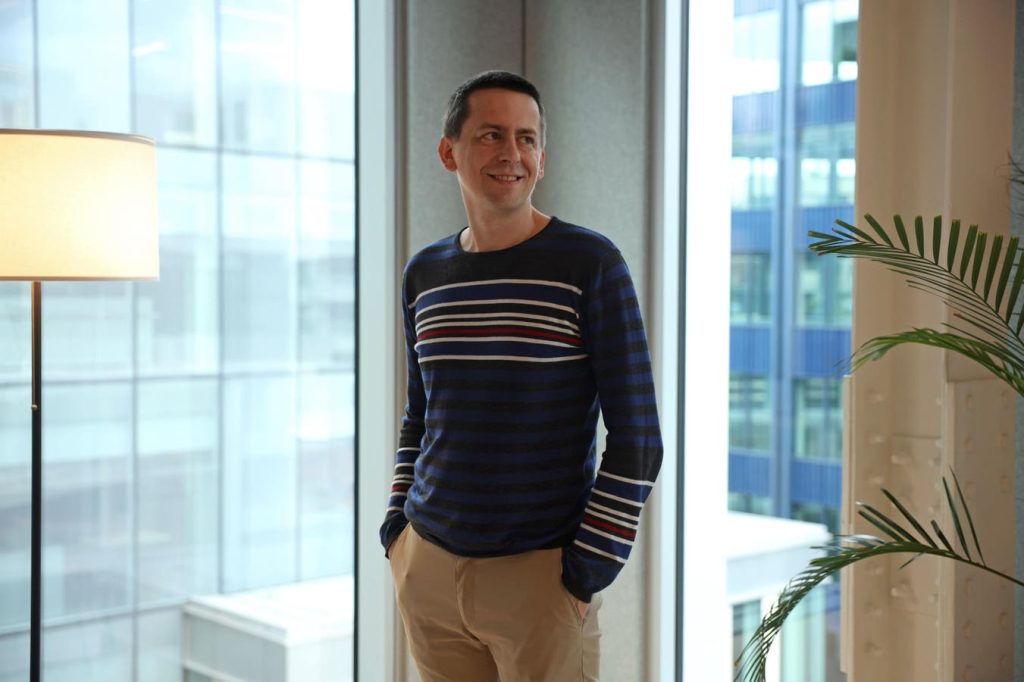John Jumper, the director of Google DeepMind, received a call earlier this month from the Royal Swedish Academy of Sciences, informing him that he had won the Nobel Prize in Chemistry alongside DeepMind co-founder Demis Hassabis. They were awarded for their creation of AlphaFold, an AI model that predicts the structure of proteins based on their chemical sequence. This achievement was a major breakthrough in the field of protein folding, which has been a challenging problem in science for over half a century.
The award was also shared with David Baker, a professor at the University of Washington, who used software to invent a new protein. Baker, who founded the university’s Institute of Protein Design, highlighted the significant growth in the field in recent years, with advancements like AlphaFold offering a new approach to predicting folding patterns. AlphaFold utilizes generative AI to predict millions of protein folding patterns, providing a faster and more cost-effective solution compared to traditional methods.
Jumper, the youngest Nobel laureate in Chemistry in over 70 years, expressed his disbelief at winning the award, admitting that he initially thought it was a long shot. He celebrated the achievement with his team, watching the announcement live and then having an impromptu office party with colleagues. Jumper reflected on the current state of AI technology, noting the significant progress in chatbots and image generation, while emphasizing the separate but powerful advancements in scientific applications like AlphaFold.
As DeepMind continues to innovate and advance AlphaFold, Jumper discussed the integration of other foundation models into the technology. He highlighted the importance of transfer learning and reasoning techniques in leveraging finite data for scientific applications. When considering potential risks associated with the use of AlphaFold, Jumper emphasized the team’s commitment to assessing and mitigating any potential harm, particularly in the context of biosecurity concerns and the manipulation of biological information.
With DeepMind merging with Google Brain last year, Jumper noted that not much has changed in terms of the research and development processes within the science unit. He highlighted the integration of new teams and expanded capabilities, allowing for further advancements in scientific applications of AI. Jumper also shared his perspective on competition among AI labs, emphasizing the interdisciplinary nature of scientific ML and DeepMind’s unique strengths in combining scientific and machine learning disciplines.
Looking ahead, Jumper expressed excitement about tackling big scientific challenges, particularly in the areas of drug development and understanding cellular processes. He sees opportunities for AlphaFold to revolutionize drug development through improved protein structure prediction, leading to advancements in small molecule design and protein engineering. Additionally, Jumper is enthusiastic about leveraging AlphaFold to gain deeper insights into the complexities of cellular systems, ultimately reshaping our understanding of biology and driving scientific discoveries.













